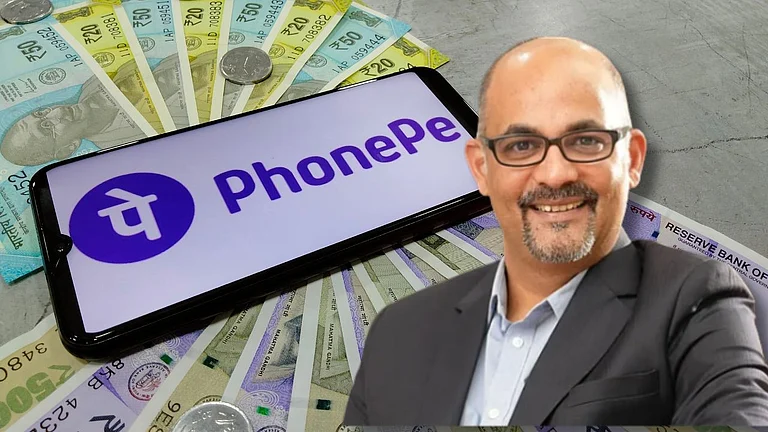Logistics platform Porter has turned into a unicorn. This was after closing a new friends and family round in which investors purchased shares from the employee stock ownership plan (ESOP) pool at a $1 billion valuation, as per a report by Moneycontrol. Around 15-20 people bought shares worth Rs 25 crore in the company.
A unicorn startup is a privately held company that has been in operation for less than ten years and has a valuation of at least $1 billion. Porter is the third unicorn of 2024, with the other two being Krutrim, an AI start-up, and Perfios, a B2B SaaS company.
Porter's valuation has doubled since the round's closing compared to the $500 million it raised in its 2021 fundraising. The company was founded in 2014 and has raised over $150 million in total from investors, including Lightrock, the Mahindra Group, Tiger Global, Peak XV Partners, and Kae Capital.
In 2021, the company raised ₹750 crore in a Series E funding round. The round was led by Tiger Global Management and Vitruvian Partners. Other existing investors who participated in the round include Sequoia Capital and Lightrock India.
Pranav Goel, chief executive officer, Porter, said in 2021, “The idea behind Porter was to solve the existing market gap between demand and supply by creating a tech-enabled liquid marketplace to drive better vehicle utilization and service levels for our users.”
Interestingly, the company's secondary round took place not at a discount but at a premium rate. When an investor sells the share to a third party, they take a discount of around 25 to 30 per cent from its last primary valuation. This means Porter was supposed to be sold at a discount of at a discount of at least 25 to 30 per cent from the primary valuation. However, as per the report, the company's leadership decided to put the valuation at $1 billion.
Providing on-demand light commercial vehicles (LCVs), the logistics service was founded in 2014 by Pranav Goel, Uttam Digga, and Vikas Choudhary. It assists businesses in optimizing last-mile delivery operations. It has been growing its business by, for example, offering a two-wheeler intra-city courier service to increase its revenue stream.































